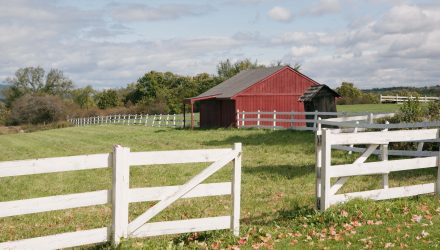Last Friday’s podcast featured an interesting discussion on farmland, an asset class we do not spend a lot of time talking about but one that could make an interesting allocation for those expecting a pickup in inflation.
The two guests from the show invest in farmland in very separate structures—one was Paul Pittman, the CEO and founder of a public farmland real estate investment trust called Farmland Partners, and the other was Brandon Zick, who oversees land acquisitions for Ceres Partners, a private real estate fund.
Lack of Institutional Investment in Farmland: Both Pittman and Zick emphasized how farmland remains a very scattered and noninstitutionalized market—meaning most of the asset owners are farmers themselves.
Only 2% of farms are owned by institutional investment funds like the ones Zick and Pittman operate, and that creates inefficiencies and opportunities to add value, in their opinion.
The farmland assets that both Pittman and Zick represent are more akin to traditional real estate investments in that farmers pay rent to landowners like Pittman and Zick. This shields the cash flows from the volatility of agriculture prices that farmers assume, but the long-run appreciation is tied to the value of the land.
Zick’s firm looks to acquire farms with a 5% cash flow yield, and he expects to be able to get land value appreciation over time.
